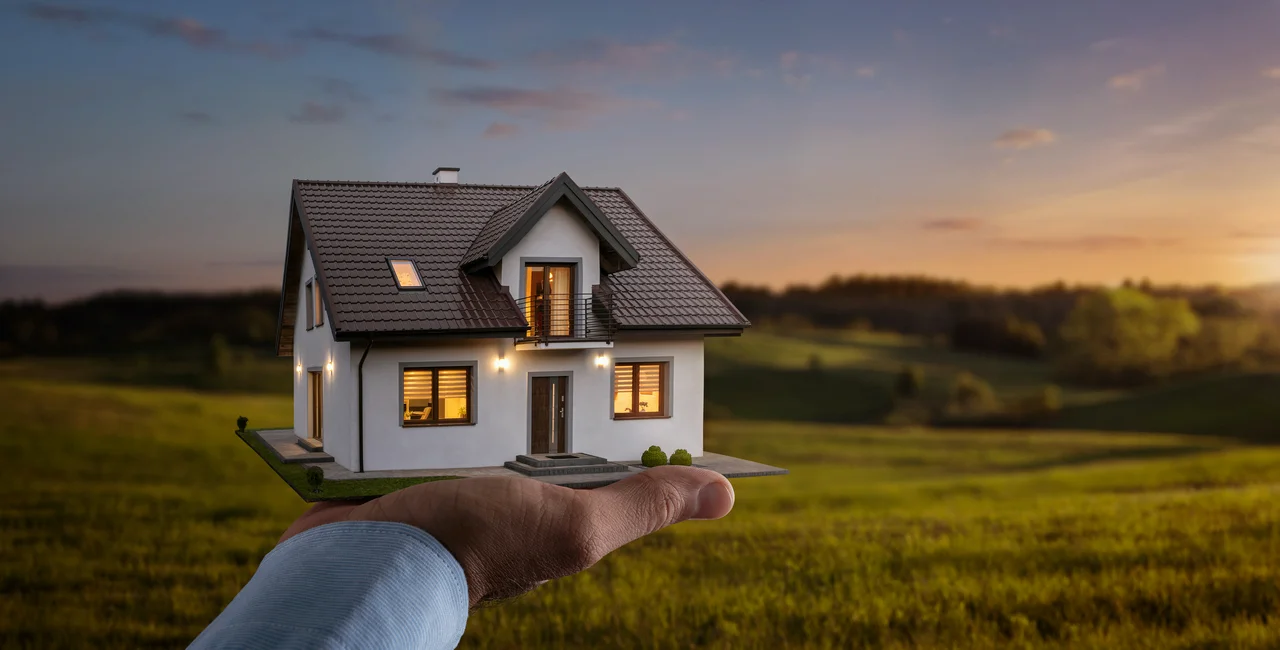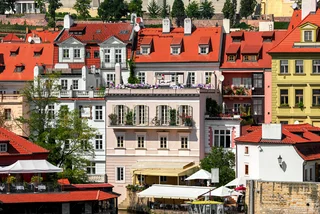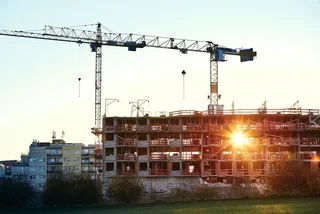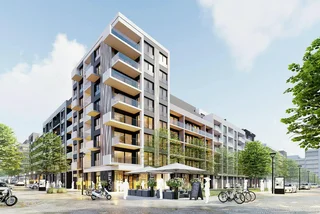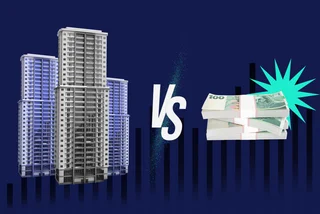Anyone who has considered buying a home in the Czech Republic in recent years will be familiar with the sinking feeling of finding out just how expensive homes are throughout the country, and especially in Prague.
New statistics suggest 2021 will be an even tougher year for home hunters. According to the OECD, domestic real estate prices have climbed by 89 percent in the Czech Republic over the past six years, faster than house price growth in most EU countries.
The situation is made worse by the fact that the growth in house prices is not being matched by an equivalent growth in wages. This means that while houses in major cities like Prague and Brno are approaching the prices of property in neighboring countries like Germany and Austria, average wages remain much lower than in those countries.
A study last year by consulting company Deloitte found that an average-price 70-meter flat in the Czech Republic costs 12.2 average annual salaries.
“Although real estate prices in developed European countries are higher than in the Czech Republic, they are more affordable thanks to higher earnings. In Germany, for example, people need six average annual gross salaires to buy an average 70-meter home. In the United Kingdom, a comparable apartment costs 6.2 average annual salaries,” said Veronika Hegrová from hyponamiru.cz to Novinky.cz.
Buyers in comparable Central and Eastern European countries don’t have the same enormous problems as Czechs: in Poland 7.6 annual salaries are enough to buy a 70-meter home, and in Croatia it’s 8.1 annual salaries.
So what’s driving the Czech Republic’s extreme lack of affordability? A lack of housing supply may be one reason, and in Prague steps are now being taken to bring more properties onto the market.
Data from the Czech Statistical Office published yesterday showed that construction began for almost 10,000 flats or houses in Prague last year. This is the highest number of new developments in any year since 2000.
The city is trying to encourage large projects on “brownfield” post-industrial sites such as Smíchov railway station, Rohanský ostrov and the Žižkov freight railway station. It is also streamlining rules for large developers to make negotiations over new projects less complicated.
City authorities are optimistic that such moves will provide living space for significantly more Praguers over the coming decades. “By 2050, up to 600,000 new inhabitants could come to Prague,” said Petr Hlaváček, First Deputy Mayor of Prague.
Those already living in the Czech capital might object that instead of planning for the arrival of hundreds of thousands more people, the city should instead be focusing on making home ownership more affordable for current inhabitants.
A faster pace of residential construction is also being seen elsewhere in the country, though. With houses only getting more expensive and mortgage rates now increasing due to inflation, greater supply may be the only way to fix the country’s “broken” housing market.












 Reading time: 2 minutes
Reading time: 2 minutes 